Polyester is a man-made fiber used vastly in the textile sector due to its various benefits such as durability, versatility, and low costs. However, like any synthetic material though, it has its advantages and disadvantages or you can say it is not an exception. Now let’s talk about the details so you could know if it could be good to use polyester for clothing.
What is polyester fabric?
Polyester fabric is one of the most common synthetic fabrics, developed from polymerized fibers obtained from raw petrochemicals. These fibers are processed by polymerization, chemical reaction of chemicals in which two chemicals are allowed to react and form large and long chain of molecules known as polymers. These polymers are then toughened into yarn and fabricated in to polyester fabrics either through weaving or knitting.
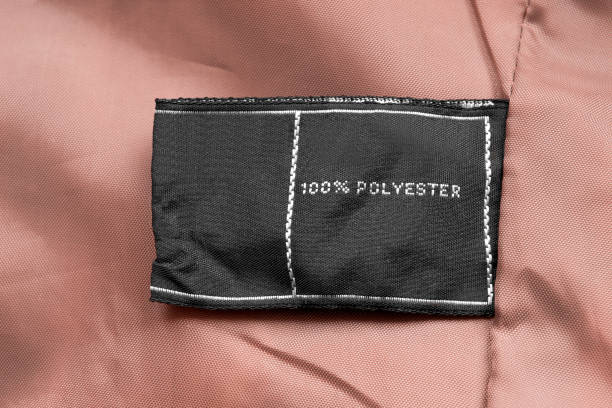
It is identified that polyester fabrics are enduring, non-stretchable and lightly shrinkable and very easy to wash. People often make use of them in the provisions of apparels, furniture, comforter, and many other uses because of their versatility and cheapness and has polyethylene terephthalate. Still, polyester fabrics are not as versatile as the natural fabrics, especially the ones coming from cotton or linen since polyester fiber is not breathable as much as the natural fibers and may cause static electricity.
What is Polyester Used For?
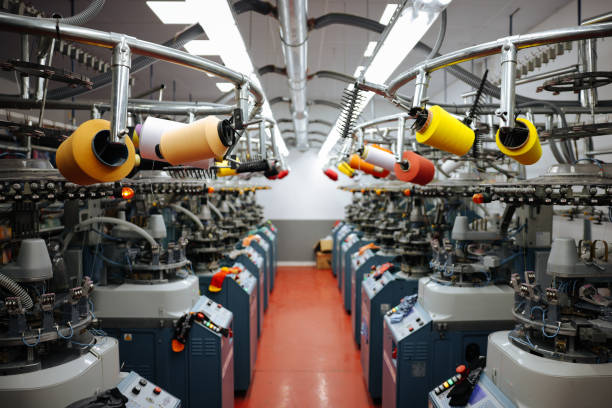
This is because polyester is a versatile material and its properties as discussed above make it suitable for a diverse field of use. Here are some common uses of polyester:
Clothing
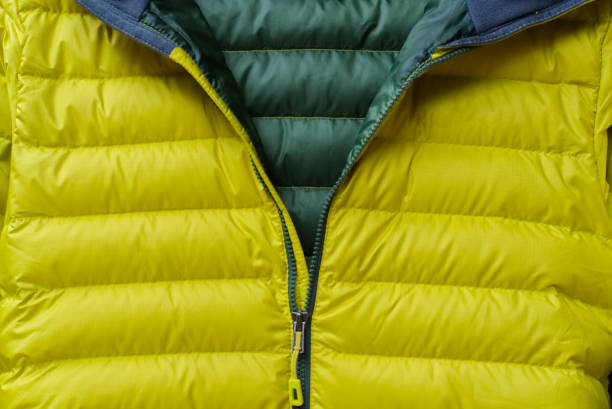
Polyester fabric is essential in the manufacturing process and production of a wide range of clothing apparel products that include shirts, dresses, pants, jackets, and sports wear. It is further combined with other fabrics such as cotton, spandex for better pulling forces, strength, and moisture control.
Home Textiles
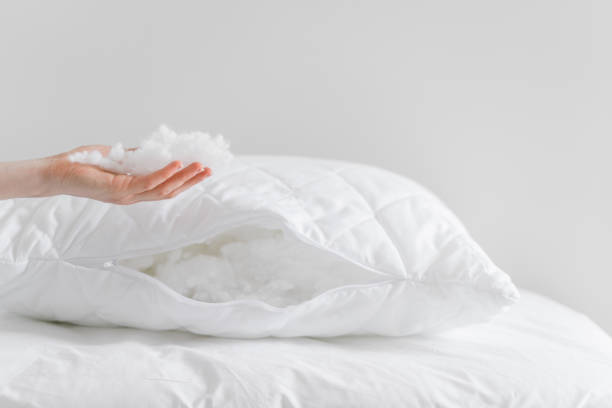
Polyester is applied in many organic fabrics in home textiles including furnishing like curtain, drapes, upholstery, bed sheets, and pillowcases. Stretch fabrics give durability, easy care, and service with many color and pattern choices.
Technical Textiles
Polyester is used in technical textiles in such areas as geotextiles for afforestation or to prevent soil erosion; clothing industry automotive markets; industrial filters; and medical sectors, including surgical wear and dressings.
Outdoor Gear
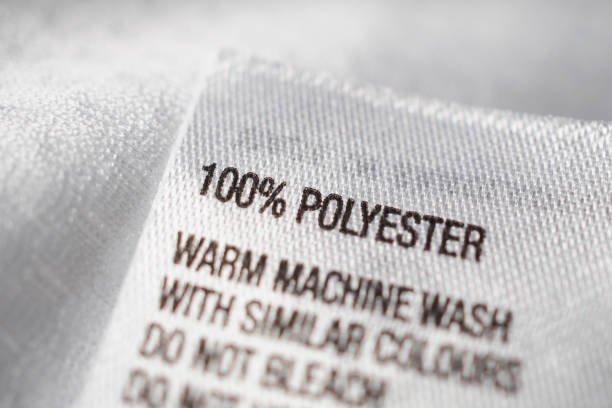
Observer polyester fabric wool is widely used in the outdoor wear and clothing due to its capability in dispersing water or sweat, its quick drying ability and the fact that it is very hard wearing. Explain it is applied in climbing and camping equipment, and apparels, athletic wears/threads, and coats.
Fibers and Fillings
It is used in the stuffing of blankets, cushioning of toys, bedsheets and clothes. They offer heat and insulation while at the same not presenting a massive structure.
Industrial Applications
Special type of polyester fibres are used in industries for cables, conveyer belts, ropes, hoses, and insulating material as it has high tensile strength and chemical as well as abrasion resistant.
Packaging Materials
Polyester films and sheets can also be used in preparation of bottles, food packages, and flexible packaging since it is strong, transparent, and acts as a barrier.
Is polyester Good Material?
Polyester is in this respect a material that has it pros and cons, so it all depends on the specific requirements and choices of the person using it. It is hardly surprising that it is extensively used in apparel and home textile products as well as in technical application due to its non-irritant nature of its surface and product affordability consequently. Nevertheless, polyester has a non-breathable fabric structure, might cause static electricity formation, as well as it is non-biodegradable, which makes it environmentally sensitive. This depends with the various requirements such as the property required being achieved, the conditions under which the material is to be used, and the ecological and environmental impact that it has.
The Pros and Cons
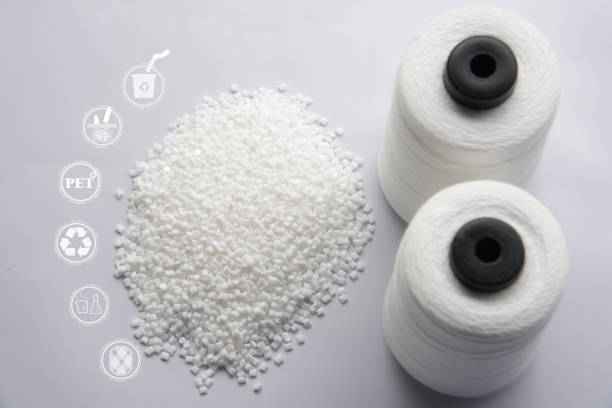
Certainly, here are the pros and cons of polyester explained:
Pros of Polyester
- Durability: It is very elastic and expands or shrinks very rarely due to its polyester fabric making it ideal for long term usage.
- Easy Care: It is almost maintenance-free, can be washed in a machine and does not wrinkle very easily and if they do can be ironed easily.
- Affordability: Polyester is quite affordable and is preferred to be used since it doesn’t require digging deep into ones pocket.
- Versatility: It can be blended with other fibers such as polyester blends to improve other characteristic such as stretchability or capability to wick moisture away polyester fibers
- Color Retention: Polyester fabrics do not fade easily, and therefore, fabrics made from synthetic fibers have colors that are well retained even when washed several times.
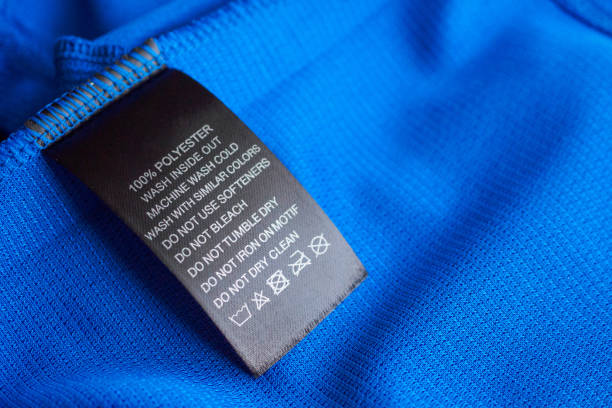
Cons of Polyester fabric
- Lack of Breathability: With some limitations, it is not as comfortable as natural fibers or natural fibres that let air pass through them freely during hot or warm weather.
- Static Buildup: There is a typical problem with polyester fabrics and that is static – which can cause the fabric to be quite clingy in some particular settings.
- Environmental Concerns: Polyester is maintained from petrochemicals and as such creating polyester materials take long to decompose thus leading to environmental pollution.
- Heat Sensitivity: It can shrink, fade or become damp easily, therefore, embroidery is not appropriate for articles that require ironing or washing at high heat.
- Pilling Potential: Said Snyder, ‘I found that polyester builds up a kind of flora, as in the case of parents who develop pills or fuzz in the areas where their polyester clothes experience friction’.
FAQs
Sure, here are some frequently asked questions (FAQs) about polyester:
Polyester, because cotton blends in general, is not as breathable of a synthetic materials as are other natural fabrics such as cotton or linen. They are somewhat effective in retaining heat and by extension, moisture; this makes them hot especially under humid conditions.
It is owing to the ability of virgin polyester to be moisture resistant wick moisture away from the sensitive skin as well as its for strength excellently used in activewear. However, one of its demerits is that it is not as breathable as the other shoes and this can be inconvenient for those who practice intensive exercises.
It does not shrink as most other natural fibers’ would, it has a good hull, and is quite chemical resistant. They do not shrink or lose their shape and size after washing them severally an aspect I consider relevant.
Polyester is made from petrochemicals, and due to its non-biodegradable nature it has toxic chemicals may have grave effects on the environment. But recycled polyester r PET is easy on the environment; it is made from recycled plastic bottles.
Polyester is also very rigid, does not stretch easily and can be quickly identified due to its synthetic and smooth feel. It does not become rigid after use and it retains elasticity in producing the erecting muscles’ functions.
Polyester is preferred for making bedding natural materials since it is easy to take care of, durable and cheap. Some individuals wish- they are warm and providing comfort but they want to wear natural ones like organic cotton one.
It is important to note that there are many types of printing techniques, among which are disperse dyeing printing and sublimation printing of polyester fabrics. It is significant because they do not fade easily and are also known to hold color well, making the finished product bright and long-lasting.
Polyester fabrics are also portable and can be coated to be water repellent for things like clothes for the outside, outdoor clothing, or umbrellas, backpacks etc. However, they are not fully resistant to water; the material used to make them is waterproof but not the shoes themselves.
It is a fact that polyester is not allergenic, and it is hard to encounter individuals who are allergic to this synthetic fiber type. But, one might develop a skin rash through factors such as dyeing chemicals or fabric finishes in Polyester clothing.
Cotton clothing is usually washable and normally they can be dried using a dryer on a low heat setting. It is advisable not to practices high temperature washing or ironing as some materials used in making polyester garments are heat-sensitive.
Conclusion
In conclusion, polyester can be regarded as a decent material for use depending on the application or the personal requirement of the individual making the assessment. They are the external covering of furniture which has advantages of being durable, cheap, and easy to maintain, but the upholstery fabric is not breathable, and it has effects on the environment. To weigh the appropriateness of polyester for your clothing or textile projects, weigh the advantages listed below against the inverse.


